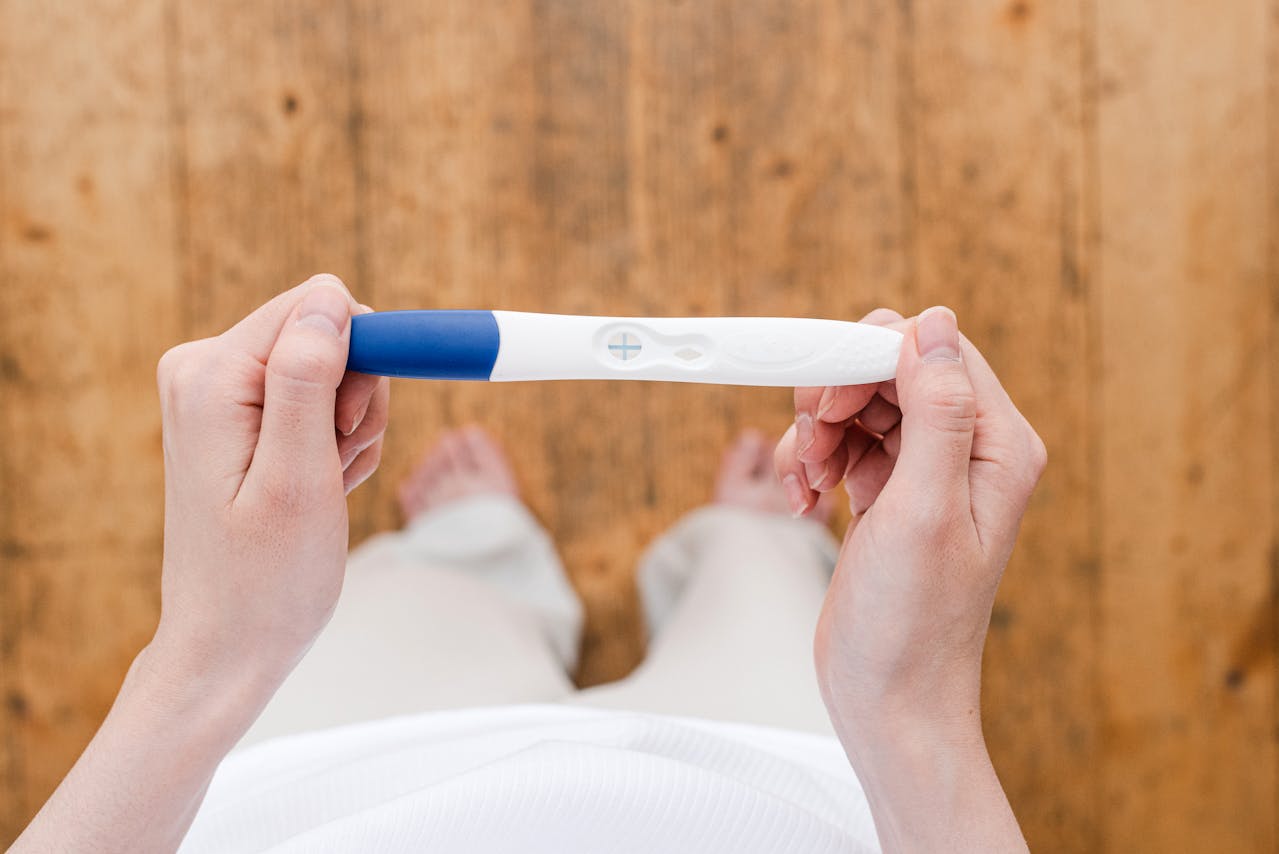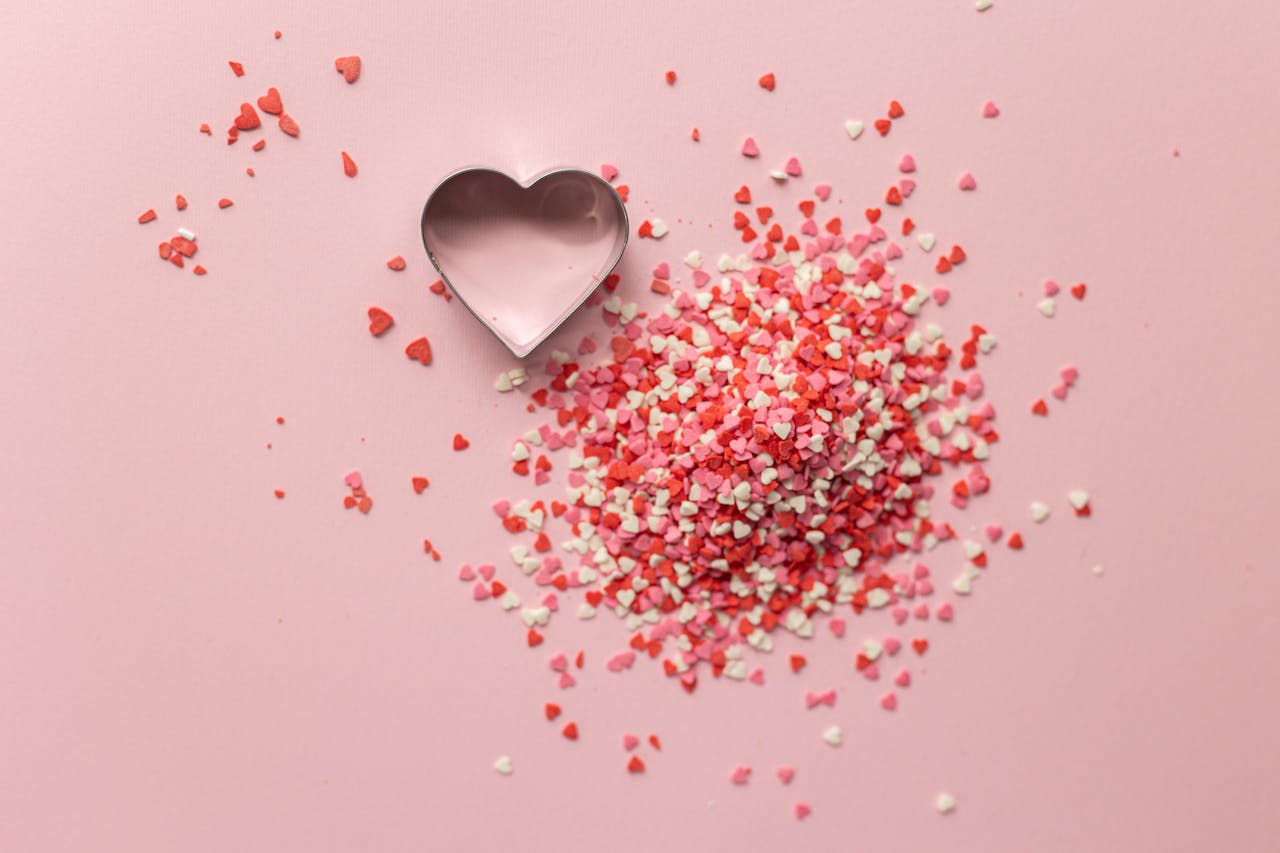Can you get pregnant 3 days after ovulation? Understanding the fertility window and pregnancy timeline

Can you get pregnant 3 days after ovulation? Click to learn what happens to your body 3 days after ovulation and when it’s still possible to get pregnant.
Ovulation is the stage of a menstrual cycle, when the female ovaries release a mature egg that can meet the sperm and get fertilized. In a typical 28-day cycle, it takes place on day 14. However, the egg’s viability is short. It can only be fertilized for 12-24 hours after being released.
So, can you get pregnant 3 days after ovulation? Technically, no. 3 days is too late for pregnancy because the egg is no longer available. However, there might be a chance for conception in one of the three cases:
- You miscalculated the ovulation time.
- Your cycle is irregular, and ovulation time is hard to predict.
- You have hyperovulation, and multiple eggs are released over a short time.
{{button}}
If you’re trying to conceive, you should know that it happens during ovulation, when your ovaries release an egg that can be fertilized by sperm. But, how much time exactly do you have to get pregnant? Can you get pregnant 3 days after ovulation? Or 2 days?
In order to answer these questions, you have to understand the ovulation process and your fertile window. In this article, we will break it all down to help you have a better awareness of your body and pregnancy timeline.
Understanding the Ovulation Process
In order to understand the chances of pregnancy after ovulation, you need to have a solid understanding of what ovulation is, when it takes place, and what happens to your body during it. So, let’s start from the basics.
Ovulation is a part of a typical menstrual cycle in reproductive-age females. It’s the stage when your ovaries release a mature egg that can be fertilized by sperm to start a pregnancy. This stage is triggered by a surge in several hormones:
- Estrogen causes uterine lining growth.
- Follicle-stimulating hormone (FSH) stimulates small follicles on the ovary to grow and form an egg.
- Luteinizing hormone (LH) stimulates follicles to release an egg when it’s mature.
In a typical 28-day cycle, ovulation occurs around day 14. It’s possible to recognize when this happens by a combination of symptoms, such as:
- Breast tenderness
- Cramps in the pelvic area or lower abdomen
- Bloating
- Ovulation spotting
- Changes in the cervix position
- Mood changes
- Increased sex drive
- Increased basal body temperature
Additionally, when answering the question: “What are the chances of pregnancy after ovulation,” it’s important to keep in mind the very short egg viability. According to science, an egg released in ovulation is only available for fertilization in the next 12 to 24 hours. Then, it reabsorbs into your body if conception doesn’t happen.
The Fertile Window: What Is It and What Role Does It Play in Pregnancy?
Ovulation is the exact stage of the menstrual cycle when the sperm can meet a mature egg and fertilize it. However, unlike an egg, sperm have different viability, which brings us to another concept worth understanding – the fertile window.
Here’s what you need to know. First of all, fertilization doesn’t have to happen immediately after sex. Instead, sperm can survive in the female reproductive tract for up to 5 days, waiting to meet the egg. This time is your fertile window – the part of your menstrual cycle when you have the highest likelihood of conceiving.
Although the sperm won’t meet the egg before ovulation, trying to conceive during the fertile window is much more effective if you’re planning a pregnancy. This is because of the long time of the sperm’s survival and the actual short viability of an egg after ovulation. In simple terms, having unprotected sex before ovulation can help you ensure that you will definitely have sperm in your reproductive tract by the time your ovaries release an egg. And this can greatly increase your chances.
Pregnancy After Ovulation: Answering the Common Questions
Now that you have an overview of the ovulation process and your fertile window, let’s look at the real chances of pregnancy after ovulation. To do this, we’ll answer the most common questions and debunk the myths that might be there.
Can You Get Pregnant Right After Ovulation?
If you have unprotected sex right after you ovulate, there is a chance of getting pregnant. Since the egg’s viability is maximum 24 hours, you have around a day after the egg release to try to conceive.
Still, there are a few important considerations. Firstly, egg viability can vary from one woman to another. Hence, while someone will have their egg viable for the full 24 hours, others may have it only viable for 12 or 15 hours.
Secondly, there is a difference in male sperm motility. In a nutshell, motility stands for the sperm’s ability to swim quickly and efficiently to meet the egg. When it’s high, fertilization can happen faster. However, it’s important to know that the egg is also moving. Thus, it can also take 1-2 days for sperm to meet the egg in the fallopian tube.
Can You Get Pregnant Two Days After Ovulation?
If you are trying to conceive two days after ovulation (under the condition that you know exactly when you ovulate), conception is not possible. Two days after ovulation, the egg is already unavailable for fertilization. It’s either already fertilized and travels to reach the uterus, or it has been reabsorbed into your body.
Can You Get Pregnant 3 Days After Ovulation?
The answer to this question is also negative. As was mentioned earlier, the egg’s viability is 24 hours tops. After this time, fertilization is no longer possible. However, if fertilization happens before, 3 days past ovulation (DPO) is the time when it already turns into the corpus luteum and starts producing progesterone to prepare your body for implantation.
What Are the Chances of Pregnancy After Ovulation? Understanding Exceptions & Special Circumstances
So, can you get pregnant 3 days after ovulation? As we answered earlier, it’s technically impossible in a typical cycle and under the condition that you know when your ovulation takes place. However, it’s important to understand that female cycles are not stable or 100% predictable, which means that there might be certain exceptions.
There are three occasions when there might be chances of pregnancy after ovulation:
Ovulation Miscalculation
The most common and typical mistake is to miscalculate when you actually ovulate. Many women are used to believing that they ovulate on day 14 in their cycle. And this should be true if your cycle is regular and lasts 28 days. However, it’s not always that simple.
Female cycles vary. The “normal” cycle can fall anywhere in the 21-35 days range. Respectively, the ovulation timing will also vary. And if this happens, having unprotected sex “3 days after” ovulation can actually mean being closer to ovulation than you believe.
To avoid this, it’s important to track your cycle and acknowledge the main signs of when your ovulation begins and ends. This can help you prevent miscalculations.
Cycle Irregularity
In a perfect setting, your cycle length should be about the same every month. However, some women have irregular cycles due to hormonal contraception, health conditions, stress, intense exercise, and other factors.
What does this mean in terms of conception? When it’s hard to tell how long your cycle lasts in general, it becomes very hard to predict ovulation timing. It can change a lot from one month to another. Respectively, you may be mistaken, thinking that you are 3 days past ovulation, when you actually haven’t ovulated yet. In this case, conception is also possible.
Double Ovulation
Finally, when you ask, “Can you get pregnant 3 days after ovulation,” we have to say that it could be possible because of a double ovulation. This term is used to describe a rare case when the female ovaries release not one egg per cycle but two or more.
This phenomenon is called hyperovulation. It’s incredibly rare and hard to predict. However, when it happens, the eggs are released within a short timeframe. This basically means that 3 days after ovulation, you may just have another egg released later, which makes pregnancy possible. The only way to confirm this condition is to have an ultrasound right before your next ovulation.
FAQ
Can you get pregnant after ovulation?
Generally, yes, it’s possible. Ovulation is the moment of egg release. However, after it takes place, the egg still remains viable for 12-24 hours, during which it still can meet the sperm and get fertilized. However, it’s also important to consider individual factors, such as personal egg viability, as well as sperm mobility, which affect how much time is available for conception and how quickly the sperm and egg can meet.
Can you get pregnant 3 days after ovulation?
No. In a normal setting, when you have a steady cycle and know when your ovulation takes place, 3 days after it is usually too late to conceive. By this time, the egg is either already fertilized and moves down to the uterus to implant or is already reabsorbed into your body.
Are there any exceptions that affect the chances of pregnancy after ovulation?
In fact, yes. Although it’s technically not possible to get pregnant when your egg is no longer available, there are a few exceptions. First of all, it’s cycle irregularity, which leads to fluctuating ovulation timing, or ovulation miscalculation. In both cases, it’s possible to mistake the ovulation time and get pregnant “3 days after” simply because it happens later than you expected. Also, there is a rare but possible chance of hyperovulation. This is when your ovaries release more than one egg with a short pause between them. In this case, it’s possible that you have another viable egg 3 days after your initial ovulation.
Conclusion
So, can you get pregnant 3 days after ovulation? When everything is calculated correctly and your cycle is regular, you don’t have a viable egg to meet the sperm 3 days past ovulation. Thus, the answer is no. It’s very unlikely to get pregnant at this time.
On the other hand, there is always a small chance of missing the right ovulation time. You can simply miscalculate it or, if your cycle is irregular, there is a chance that the ovulation time changes every month, making it harder to predict. And there is a chance of double ovulation, which can make it possible to get pregnant when the typical egg viability time is over. However, this is incredibly rare.
{{pink-banner}}




.jpg)

.avif)

.avif)
